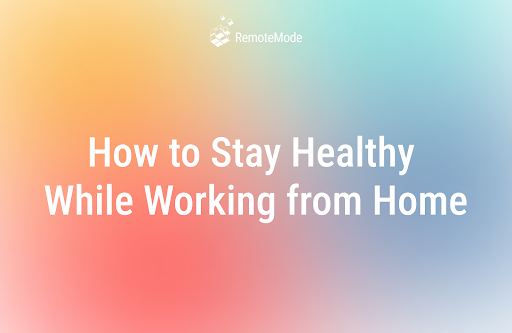Does a Remote Tech Job Work for Introverts?

Introverts have many advantages when it comes to working in remote technical careers. While many companies typically favor extroverts—the socially charged go-getters who make a splashy first impression—the facts show that introverts are exceptionally good employees with a high success rate.
Introverts aren't necessarily quiet, but they're more comfortable working alone than in large groups. Introverts tend to be highly productive because they're able to focus on the task at hand without being distracted by social cues or interruptions. And while it's true that some extroverts work better when they're part of a team, introverts can also thrive in smaller groups if they're given the opportunity to lead those interactions themselves.
Furthermore, unlike extroverts, introverts tend to be quiet during meetings and think before speaking up—which gives them an advantage when it comes time for presentations or other group discussions where everyone has to speak their mind. This is especially helpful for remote workers in the tech industry, such as software developers, database administrators, and network engineers, who spend much of their day interacting with computers rather than people.
Improved physical and emotional health
By working from home, introverts can improve their physical and mental health since they are not under social pressure of working in an office. Work from home makes it easier for them to manage their schedules and avoid crowded office spaces. Due to the fact that these types of jobs require less commuting, introverts are able to balance their work and personal lives more effectively. In addition to eating healthier and exercising more often, this type of work schedule allows them to save money by eliminating the daily commute.
Introverts Prefer Scheduled Meetings
Despite the fact that too many meetings disrupt productive work in most organizations, ad hoc meetings are still a common occurrence in traditional office work environments. This is unwelcome news for introverts, who prefer scheduled meetings. A decentralized environment of remote work is more suitable for them, since ad hoc meetings are greatly reduced. Introverts appreciate scheduled Zoom or Microsoft Teams calls. Video conferencing platforms offer introverts a degree of structure and interaction control that may be more comfortable compared to typical social exchanges in the office.
Quiet work space
As introverts are typically more creative and energetic when working alone, remote work in a quiet environment can benefit them. Most of the time, the office can be a pretty loud place. With all the conversations and other noises going on, it can be tough for an introvert to focus in this environment—not to mention being stuck in small talk with colleagues.
Moreover, interruptions in the workflow can negatively impact the overall productivity and creativity of an organization. Distractions not only cause more mistakes, but they also require a person to take time to regain focus. Neither introverts nor extroverts are immune to this well documented effect of interruptions. A short chat about a recent reality show might boost the creativity of extroverts, but it can deplete the energy of introverts. Most of these distractions disappear when people work remotely. This allows the introverts’ creativity to flourish unhindered since they can maintain their focus.
Attentive to Details
Introverts are known for their ability to pay attention to details. This may seem like a disadvantage in a working world that often values extroversion, but it actually has some major benefits for introverts in remote work.
Introverts tend to be more thorough and thoughtful than extroverts. For example, an introvert may take the time to double-check the spelling of each word in an email before sending it, whereas an extrovert might just hit send without even looking at what they've written. The extra attention to accuracy can be beneficial when communicating via email or text messaging. Clear communications are enhanced when typos and errors do not distract the reader.
Introverts’ detail orientation is especially helpful when working remotely because a certain lag time is inherent in asynchronous communications. Because it can take longer to review and revise work that contains errors, the introvert’s penchant for checking details can reduce the cycles a document or other piece of work must endure before it is acceptable.
Additional Thoughts
Working a remote tech job can be a good fit for introverts. While there may be some challenges to overcome, such as learning to communicate effectively online and managing time alone, introverts can use their strengths to succeed in a remote IT job. If you are interested in a remote job in the technology sector, RemoteMode can prepare you for a tech career in as little as three months.
Contact a career advisor at RemoteMode today to learn how quickly and affordably you can train for a remote tech career that caters to an introspective and private lifestyle.
Take the first step to your new remote career!






